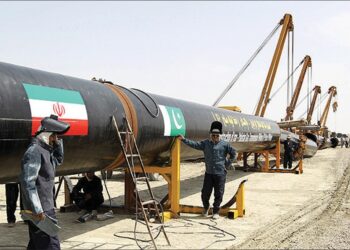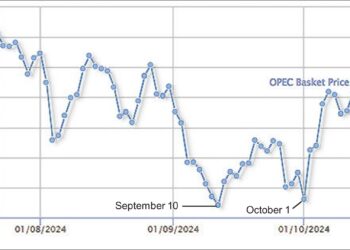November 18, 2016
Iranian police have stopped issuing license plates for US-made cars, including Japanese and German models, even though they have been allowed into Iran through customs and the owners have paid the 100 percent import duty.
“All American-made and US-brand vehicles, including Honda and Toyota, are banned from receiving license plate by the police,” police spokesman Saeed Montazer-ol-mahdi told Japan’s Kyodo news service.
“The General Board of Police made this decision in July and US-made cars are not eligible to receive license plates even if they are imported officially and legally,” he said.
In October of last year, Supreme Leader Ali Khamenehi instructed President Rohani to stop importing American consumer goods to help Iran’s “resistance economy.”
Within weeks, the Ministry of Industry and Trade had prepared a list of 119 items it said were imported from the United States in 2014 and 2015, with a total value of $37 million, and officially banned most of them.
But in a speech in April, Khamenehi criticized the exception for automobiles, saying, “Ministers and officials should seriously stop it,” which prompted chants of “Death to America!”
The United Stats has banned the export to Iran of American consumer products, including cars , since 1995. But American-made consumer poducts can be bought abroad by Iranians and imported into Iran. Many American consumer goods are ordered by Iranians in the UAE and shipped across the Persian Gulf.
After Khamenehi’s outburst, Iran canceled the import of 200 Chevrolet cars made in South Korea that were waiting in Dubai to be transferred to Iran, while US-made Japanese and German cars were subject to similar treatment.
Farhad Ehtesham Zadeh, executive director of the Iranian Car Importers Union, criticized the ban’s application to already imported US-brands, saying it has no legal basis and is based merely on an interpretation of Khamenehi’s orders.
“US-made Japanese cars were imported officially and legally. There is no excuse for police to prevent number plating those cars,” he said.
According to Zadeh, around 500 US-made Japanese and German cars with a total value of $12 million were imported by Iranian customers in recent months and are awaiting number plates from police. “They have paid for the cars but can’t use them,” he said.
Mehrdad, a 43-year-old businessman and a buyer of two US-made Japanese cars, said he was “shocked and depressed” at the news.
“In September, I paid $72,000 for a Honda C-VR for myself and $41,000 for a Toyota Prius as a birthday gift for my wife. After paying all expenses and taxes, we were told by the police that our cars are unable to get number plates because they’re US-made.”
“I haven’t bought an American brand and it’s unacceptable for me to have a problem with Japanese cars,” he said, adding that dealers are reluctant to refund his money and instead suggest he “wait until a solution can be found.”
Mehran Ayazi, a Tehran-based economist, said the ban on US products “should be clarified by the Majlis,” namely whether it also applies to non-American brands.
According to the Tokyo-based Japan Automobile Manufacturers Association, 3,847,517 Japanese-brand cars were manufactured in the United States last year. But officials of the association could not confirm how many were exported to Iran.
Both Honda Motor. Co. and Toyota Motor Corp., in response to queries, said they do not have direct sales to Iran. “It is beyond the reach of our responsibility,” Honda’s press department told Kyodo news.


















